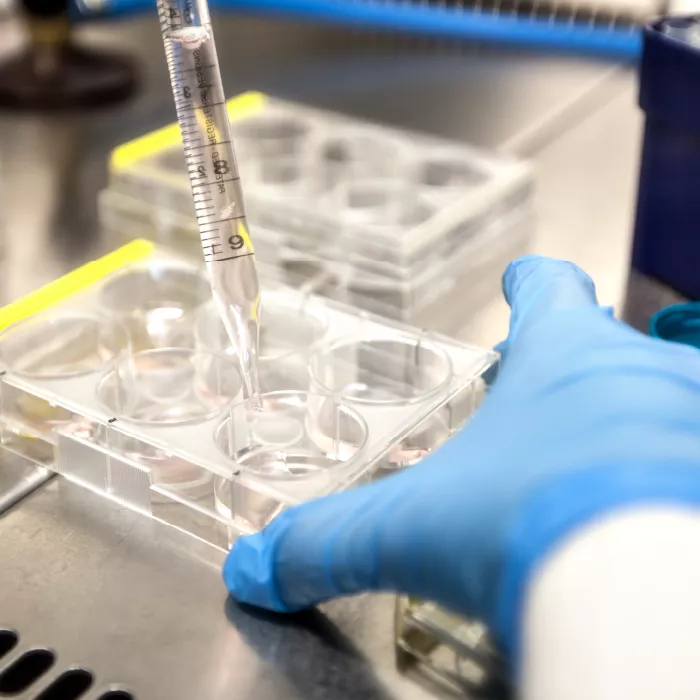December 2, 2022
What we know and where we need to go
In 2001, the molecular genetic basis of so-called "ivermectin sensitivity" in herding breed dogs was determined to be a P-glycoprotein deficiency. Since then, more discoveries have been made around the P-gp deficiency and the P-gp dysfunction that can occur as a result of drug-drug interactions in any dog or cat.
Impaired P-gp function can predispose dogs and cats to potentially life-threatening adverse drug reactions. Many P-gp substrates have also been documented to cause serious adverse effects in dogs with P-gp dysfunction and should not be used at generally recommended or labeled doses.
So how do we keep our pets safe?
Knowing whether a dog or cat has genetically mediated P-gp deficiency or drug-interaction "acquired" P-gp dysfunction is the first step.
Featured in the October issue of The Journal of Veterinary Pharmacology and Therapeutics, "Canine and feline P-glycoprotein deficiency: What we know and where we need to go," written by Exponent's Elaine Freeman and co-authors Katrina L. Mealey and Jane G. Owens, discusses discoveries made around P-gp deficiency and P-gp dysfunction and explores how they impact drug selection and dosing in dogs and cats with genetically mediated P-gp deficiency or P-gp dysfunction resulting from drug-drug interactions.

"Canine and Feline P-Glycoprotein Deficiency"
Read the full articleFrom the publication: "It is important that veterinarians understand the potential mechanisms of P-glycoprotein-mediated adverse drug reactions and drug-drug interactions to prevent their occurrence. A common misconception is that only herding breed dogs are at risk for P-gp deficiency. The fact is that many dogs and cats can experience P-gp deficiency and any dog or cat can experience P-gp dysfunction."
Impaired P-gp function can predispose dogs and cats to potentially life-threatening adverse drug reactions. While it has not always been the case, luckily, alternative drug options are now available to veterinary practices.
"A strategic, collaborative effort is needed to characterize the P-gp status of the hundreds of drugs used to treat canine and feline patients, preferably prior to a drug being marketed, so that serious and potentially fatal adverse drug reactions in dogs and cats can be prevented," the authors write.

